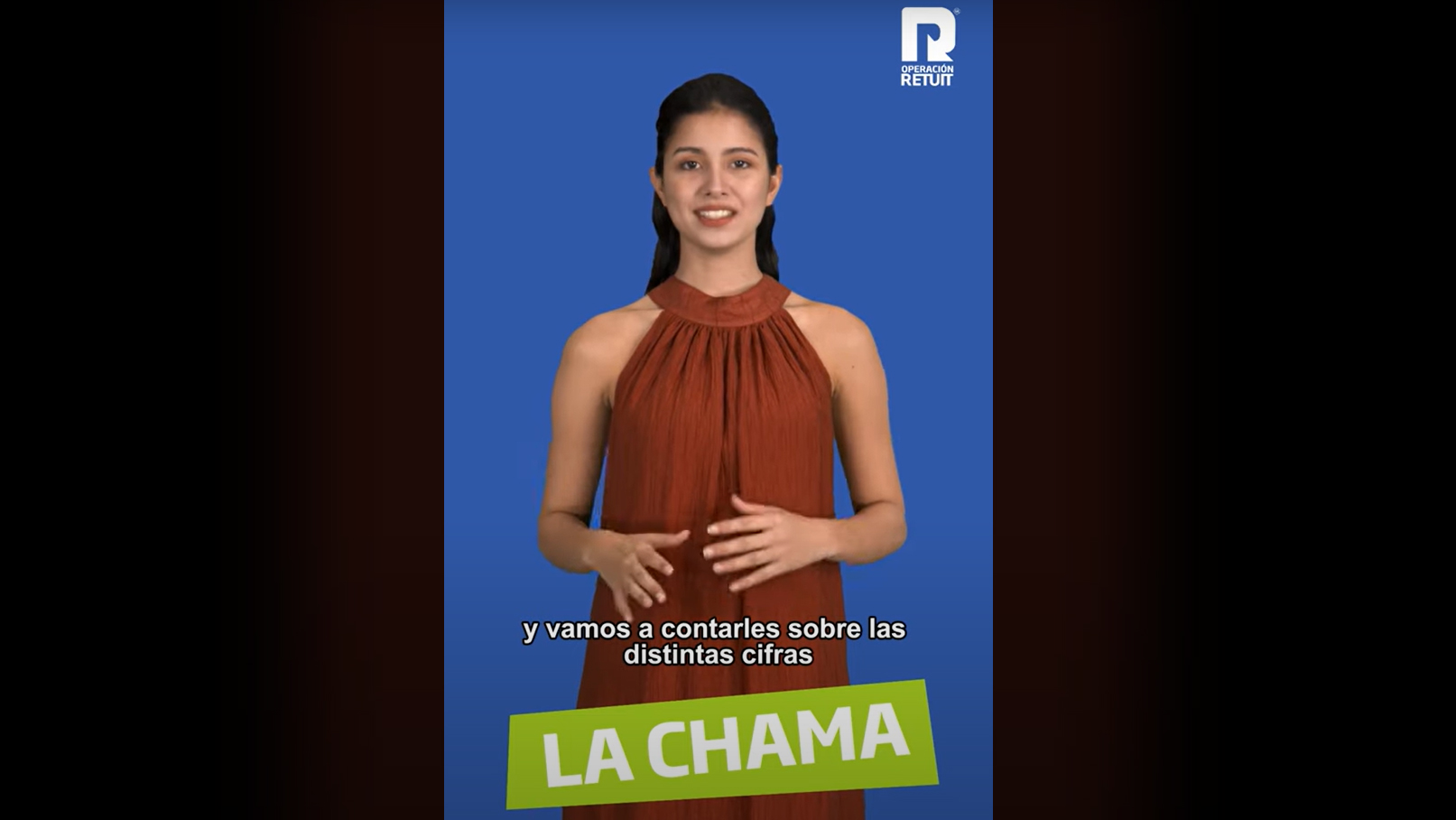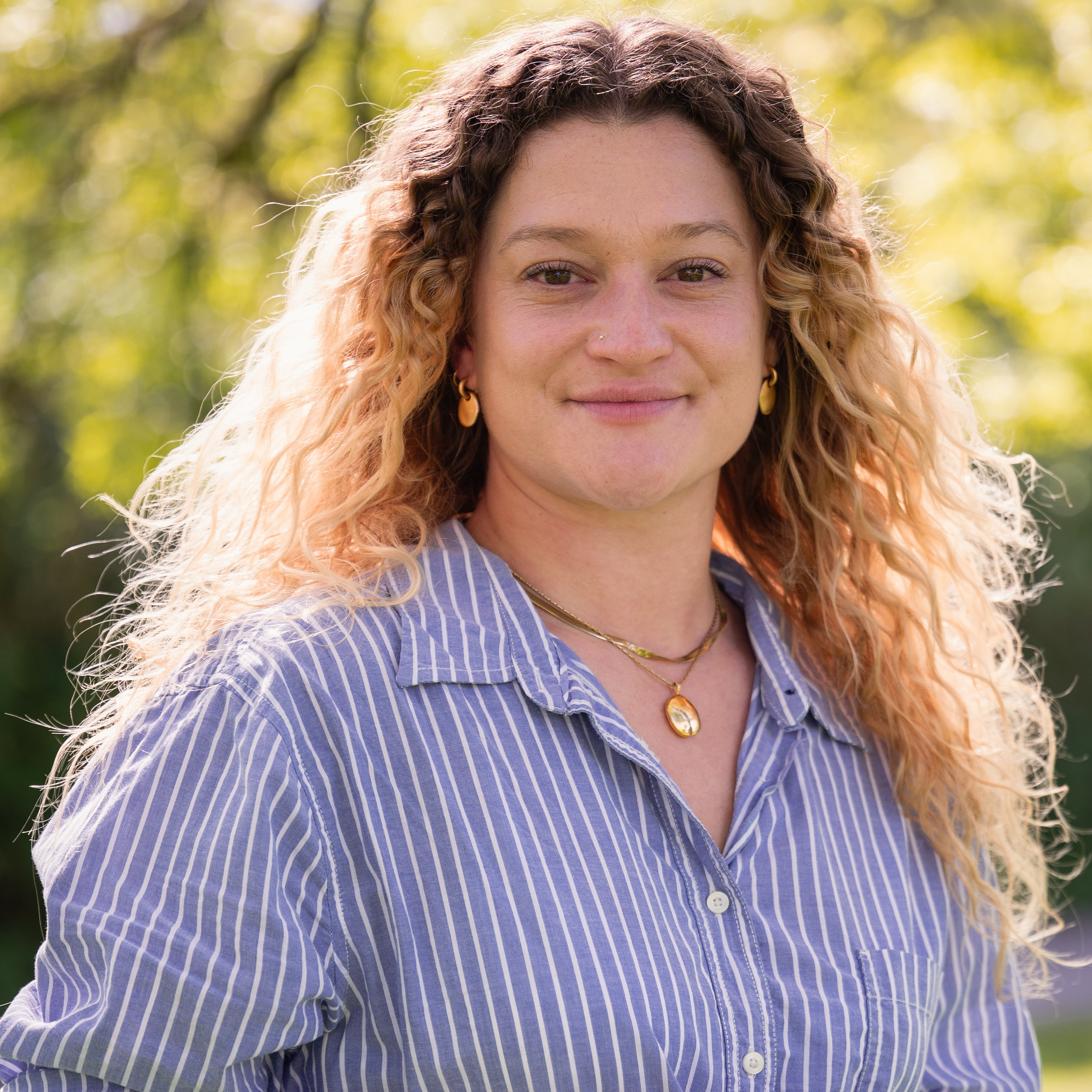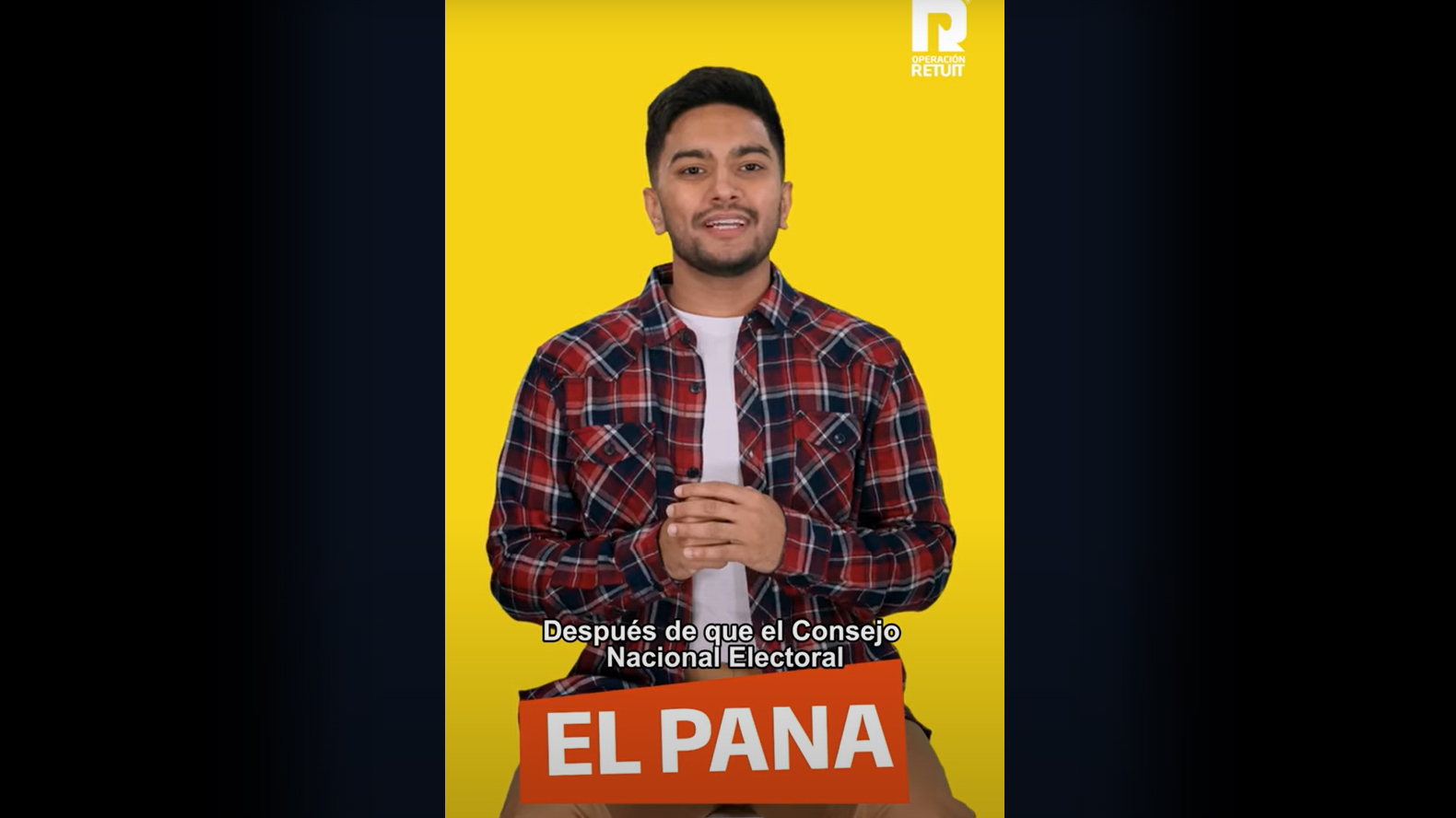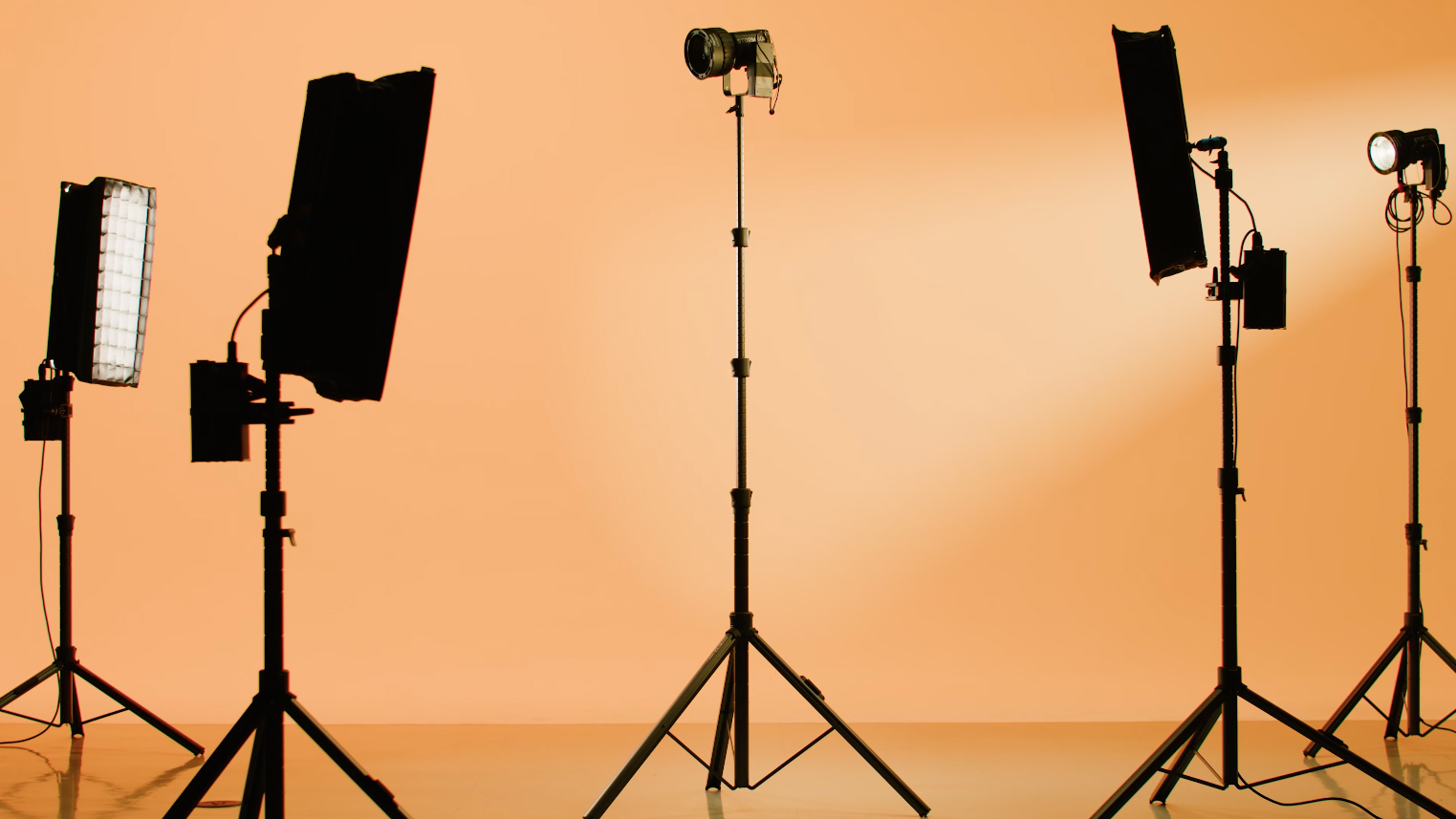Journalists in Venezuela use AI avatars to avoid being arrested for criticizing President Maduro
Since the controversial election on July 28, news outlets are utilizing AI to protect their journalists reporting on the regime

The best camera deals, reviews, product advice, and unmissable photography news, direct to your inbox!
You are now subscribed
Your newsletter sign-up was successful
Two of the newly-recruited news anchors for Venezuelan journalism platform Connectas certainly look the part.
One male and one female broadcaster, both in their twenties, they’re attractive and deliver the news in a calm and professional manner.
The only thing is, they’re not real.
Only noticeable by their slightly robotic movements and repetitive cadence, ‘El Pana’ (Buddy) and ‘El Chama’ (Bestie) are two artificial intelligence avatars, reading the news generated by dozens of independent media outlets across Venezuela.
“We were created by artificial intelligence,” the El Pana explains, “But our content is real, verified, high-quality and created by journalists.”
The pair were created as part of an initiative called ‘Operation Retweet’ by Colombian based organization Connectas to protect journalists in the wake of the recent election, as president Nicolás Maduro, in power since 2013, cracks down on opponents, activists and the media reporting on his regime.
On its website Connectas writes:
The best camera deals, reviews, product advice, and unmissable photography news, direct to your inbox!
“Currently, journalists in the country are being arrested for covering electoral events and an information blockade has been launched by communications companies to restrict the free circulation of information.”
On August 8, Maduro announced he was banning ‘X’, and threatened to block WhatsApp, encouraging citizens to download WeChat, which is not recommended by digital rights activists.
Carlos Eduardo Huertas, director of Connectas, said the move is not a gimmick, but a response to “the persecution and the growing repression that our colleagues are suffering in Venezuela, where the uncertainty over the safety of doing their job … grows by the minute”.
On July 28, both Maduro and his opposition rival Edmundo Gonzalez each claimed victory in the presidential election, after a vote defined by accusations of illegal tactics and violence. The country’s electoral authority said that Maduro had won a third term with 51% of the vote, despite numerous independent exit polls that disagreed.
Since the election, the Maduro regime has intensified its actions against opponents, activists, and media, with arrests and violence becoming commonplace.
The number of detained for opposing the results currently stands at 1,400, with at least 23 people killed during widespread protests. Nine journalists were reportedly among the arrested, including 26-year-old sports reporter Paúl León, who has been charged with terrorism.
Speaking to Columbian Caracol News, Huertas says the project: "aims to draw attention to how valuable journalism is in Venezuela, and that it continues to persevere from all corners of the country.”
Take a look at our guides to the best AI image generators, the best cameras for vlogging, and the best YouTube cameras.

After graduating from Cardiff University with an Master's Degree in Journalism, Media and Communications Leonie developed a love of photography after taking a year out to travel around the world.
While visiting countries such as Mongolia, Kazakhstan, Bangladesh and Ukraine with her trusty Nikon, Leonie learned how to capture the beauty of these inspiring places, and her photography has accompanied her various freelance travel features.
As well as travel photography Leonie also has a passion for wildlife photography both in the UK and abroad.


